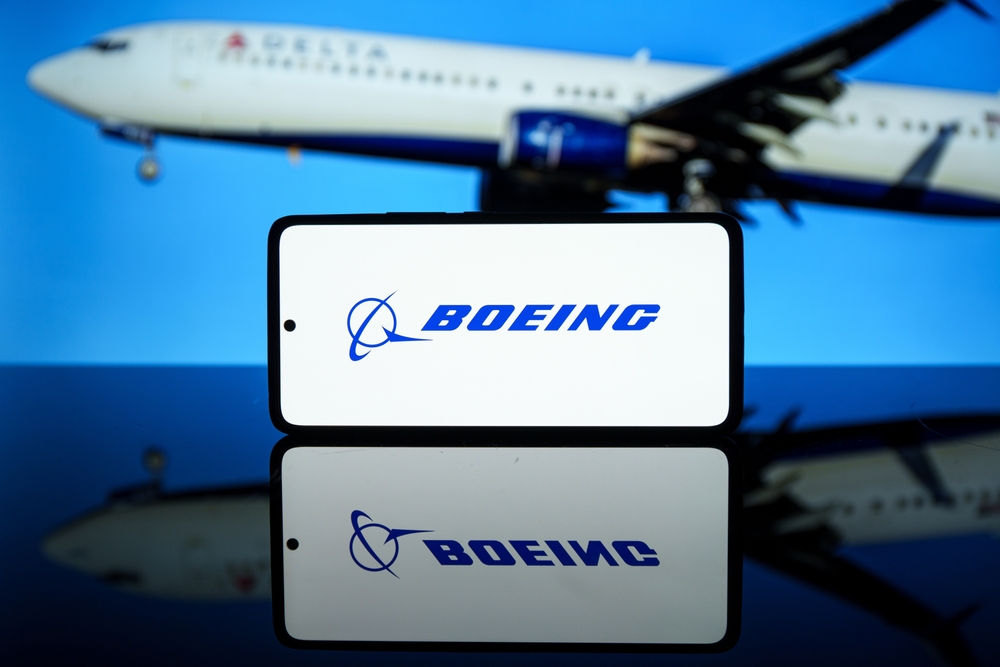The strike has also disrupted Boeing’s supply chain.
Others are reading now
The crisis at American aerospace giant Boeing continues as a strike by aircraft workers reaches its fifth day.
Protect Shared Future
The ongoing labor dispute, involving over 30,000 employees, has led Boeing to freeze hiring and consider implementing unpaid temporary layoffs.
The strike has also disrupted Boeing’s supply chain, halting most procurement orders for its 737, 767, and 777 programs, according to the company’s CFO, Brian West and Ziare.
West addressed employees in a letter, expressing concern over the strike’s impact on the company’s recovery.
Also read
“I know these actions will create some uncertainty and concern. This strike poses a significant threat to our recovery, and we must take the necessary steps to preserve cash and protect our shared future,” West stated.
The measures to safeguard cash flow come as company and union negotiators are scheduled to resume contract discussions on Tuesday.
Shorter Strike Would be Managable
Rating agencies have warned of the negative effects the production halt could have on Boeing’s recovery, stressing that a prolonged strike could strain the company’s already fragile finances.
Boeing has been grappling with a safety and production crisis, exacerbated by a recent incident involving a panel detachment on a nearly new 737 MAX aircraft in January. The company also carries $60 billion in debt.
S&P Global Ratings noted in a report on Monday that a lengthy strike would be costly and difficult to absorb given Boeing’s financial strain.
“A shorter strike, on the order of weeks, would likely be manageable for Boeing and would not lead to a negative rating action,” the agency suggested.
The International Association of Machinists and Aerospace Workers (IAM), Boeing’s largest union, overwhelmingly voted last week for a contract that included a 25% salary increase over four years, although it removed an annual performance bonus.


